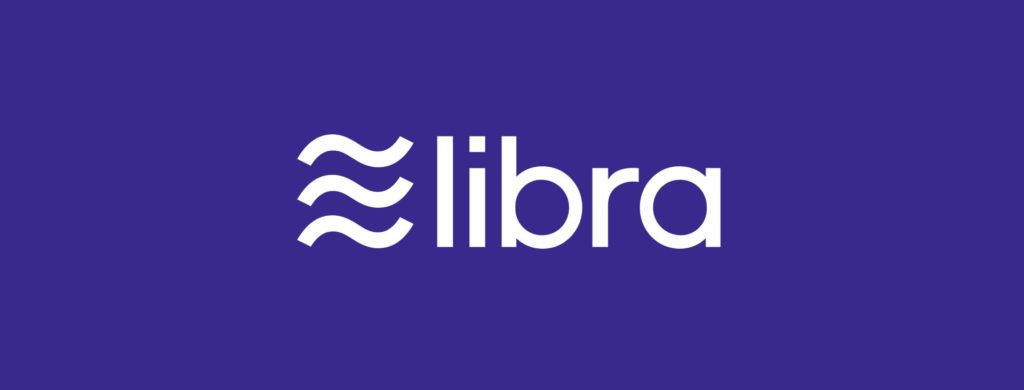This short article is about Libra coin. I’ll give different perspectives on this topic plus important things to keep in mind.

Libra is a new cryptocurrency developed by Facebook’s brilliant developers that was recently announced publicly. It went all over the news and lots of people started talking about it.
So let’s stop for a second, because I just called Libra a “cryptocurrency”, but is it really a cryptocurrency? Or is it just a regular web-based payment system like PayPal?
Remember, a digital currency is a cryptocurrency when it has the following characteristics:
- Open
- Public
- Neutral
- Borderless
- Censorship-Resistant
First of all, the code governing all Libra’s algorithms and logic must be public and open source. If this is not the case then they have a proprietary source code (as a whole or even pieces). In a proprietary codebase all mechanisms and implementation details are hidden away from any regular user like me and you. Game over for transparency.
But let’s assume that all the code is going to be fully open source, and that we can inspect all the mechanisms of transactions, wallets, etc. Can this currency still achieve all the 5 qualities above mentioned?
Let’s try to understand if Libra can achieve the “censorship resistant” quality. The currency is being planned and built by Facebook correct? Which is a centralized organization, a company. Companies need to follow the law in order to stay alive and provide a safe service to consumers. The law requires companies to abide by rules that impose blacklists, exceptions on who and how to transact.
Therefore simply for this Libra might have a tough (but not impossible) time becoming an open and censorship resistant currency.
So keep in mind that if a centralized business wants to accept and process payments, it needs to implement all the regulations and that a bank needs to implement as well. No exception if you are handling money transactions, especially if they want to be a business in good legal standing.
KYC (Know Your Customer), anti money laundering law etc are all regulations that from a technological perspective do challenge the core principles of a cryptocurrency. Bank accounts are associated with IDs, while a cryptocurrency allows anyone to create an account (or many accounts) almost anonymously with just a few clicks (or a few lines of code ;p ).
I don’t want to raise any polemic here, nor I want to undermine Facebook’s effort, I’m just summarizing the whole thought process that the crypto community has about this topic.
So since I hate just critiquing something and not give any positive sides, let’s talk about the overall benefits that Libra can bring us.
With an available user base of ~3 billion Facebook users, Libra can be a really powerful push for mainstream crypto adoption because all these people will start to hear more and more the word “cryptocurrency”. Inevitably these users will google crypto-related things that will guide a good chunk of them into the discovery of other cryptocurrencies like Bitcoin or Ether.
Also thanks to the publicity of the term cryptocurrency by a giant like Facebook there will be lots of developers and designers that will join forces and collaborate together on new projects/ideas. Together they will form a builders/makers community aimed at creating infrastructures, tools and plugins to make the use of digital currencies even more pleasurable.
So to conclude this topic, let me think about some humble suggestions I can give to Libra’s team:
First of all, as I mentioned at the beginning, the code governing this whole currency should be kept open source. Everything, from the consensus algorithm to the wallet address generation, otherwise there is a lack of transparency on how things work. The best example of transparency is bitcoin, with all his source code open source and available online at [https://github.com/bitcoin/bitcoin]
Another important thing to suggest is to push as much as possible on developer and designer acquisition and engagement. Make certificates, online training courses, badges, and gamify the learning experience overall for digital creators. In parallel to this, a business environment needs also to be nurtured so that these creators are economically rewarded and incentivized enough to maintain their products.
My biggest fear is that Facebook R&D department’s new shiny and super technological transparent cryptocurrency will immediately be turned down by the corporation’s legal and compliance teams. From there the product will have to rebuild its core features to fit the modern financial regulations, just like how PayPal, Stripe and many more modern payment processors had to do.
Remember that is just a hypothesis, nobody can predict the future really. In fact there is also still a lot of room for facebook to surprise us and maybe actually build a truly transparent and fair product.
I hope that this piece of content gave you some interesting perspectives on this ambitions project.
What do you think about Libra? Write a comment below to discuss it!

Amazing work! Very interesting.
Thank you sir 💪🏼😎